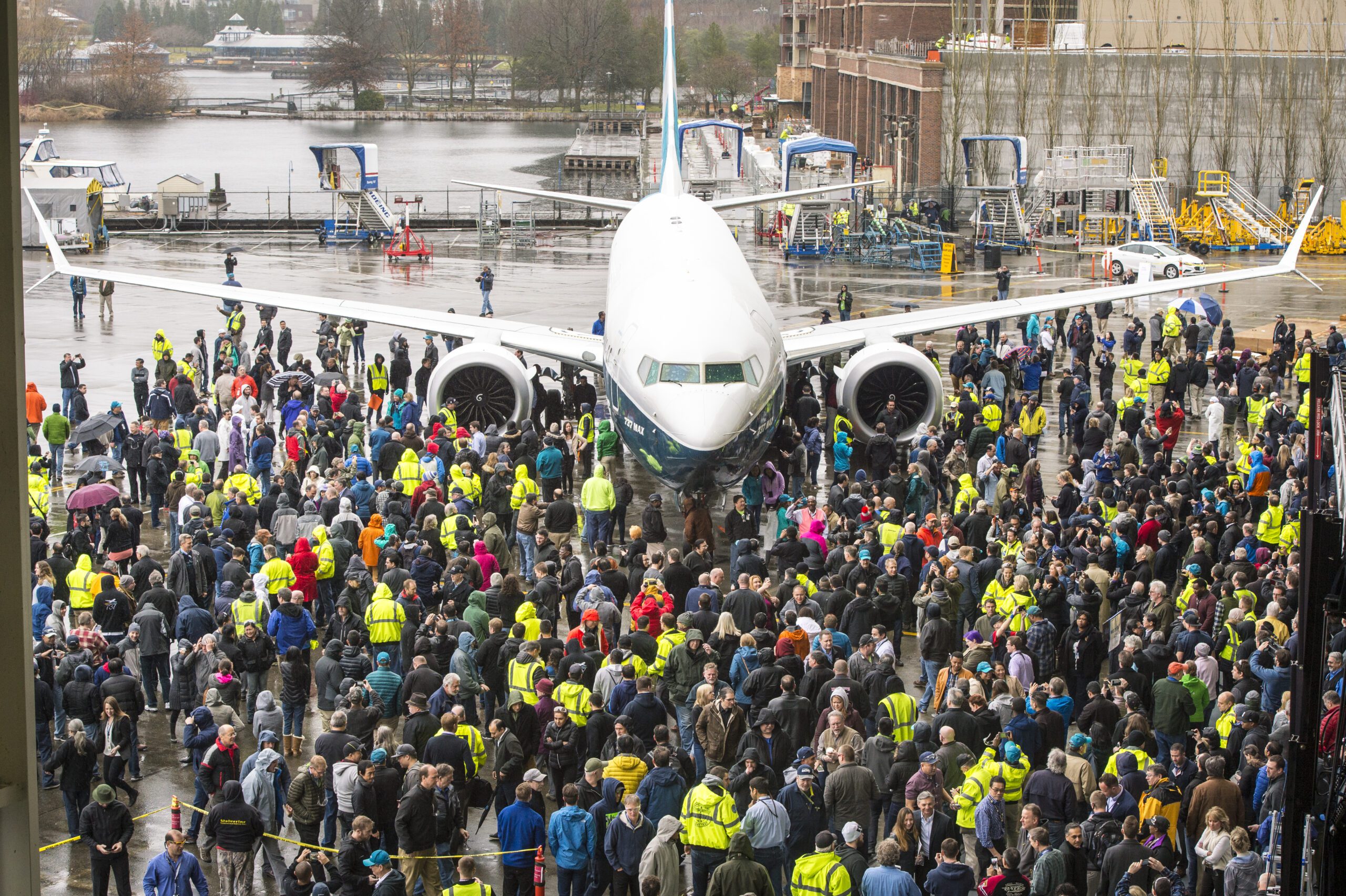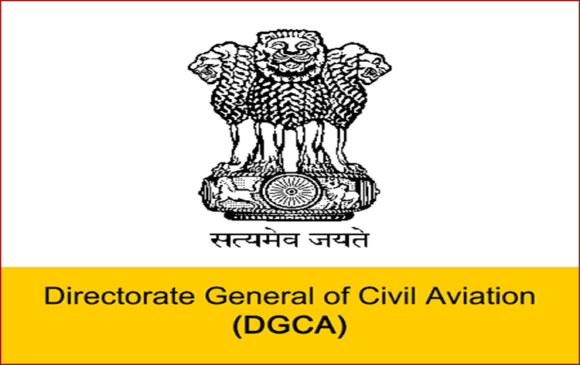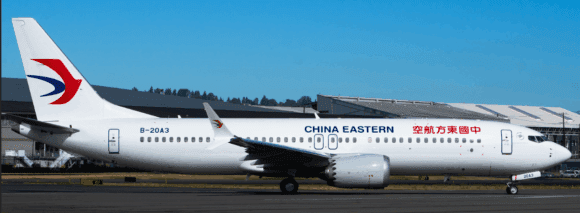
K66629 07 scaled
The draft order from the FAA to ensure that inspectors can review certification work without interference and pressure from an aircraft manufacturer is good news for the US aerospace industry. It finally addresses a serious flaw in the oversight of the so-called Organization Designation Authorization (ODA) that was exposed in the aftermath of the two fatal crashes of the Boeing MAX 8 in 2018 and 2019. Quest for improved oversight inevitable lesson from MAX crashes.
The Aviation Safety Whistleblower Report released last December and the House Committee report of September 2020 both highlighted “undue pressure on line engineers and production staff” within Boeing as well as engine maker General Electric in both the MAX and 777X programs. There was relentless schedule pressure on Unit Members of the ODA units within both companies to refrain from comments that could jeopardize the time schedule of the aircraft and engine. The outcome of this has been that the FAA cleared a system critical to flight safety (the Maneuvering Characteristics Augmentation System) on the MAX, as it was made unaware of concerns raised within Boeing’s ODA unit.
Back in December 2020, Congress responded by passing legislation to correct this flaw in ODA oversight. The notice released by the FAA on Monday elaborates on this “by providing instructions and procedures intended to prevent ODA Holder (Boeing…) interference with Unit Members (UMs) performing their authorized functions and to ensure free communication between UMs and the FAA.” An ODA unit is and should be an independent unit within a company as a designee on behalf of the FAA.
New notice no longer tolerates interference
As the notice states: “Preventing interference with a UM’s performance of their authorized functions on behalf of the FAA is necessary to ensure that such functions are properly conducted. The definition of “interference” includes not only outright acts such as harassment, beratement, threats, and reprisal but also the presence of other activities that conflict with the UM’s performance. Thus, in reviewing whether interference occurred and how it can be prevented, the FAA and ODA holders should look not only for obvious acts or threats directed at the UM, but also review the totality of the circumstances, including whether any other action, assigned duties, activities, or time constraints inhibit the UM from properly performing their authorized functions.”
ODA Holders are obliged to keep a procedures manual that includes “monitoring, investigation, reporting, corrective actions, preventative actions, and training” and measures on how to deal with any interference. Each year, ODA Holders must run an anonymous UM survey related to interference as part of the ODA Holder’s annual self-audit, and run an internal self-assessment process for evaluating the effectiveness of the ODA Holder’s monitoring and correcting of UM interference. I interference is suspected, it must act accordingly.
Senior management should protect Unit Manager from reprisal
The draft includes a commitment that must be signed by the appropriate senior management to protect from reprisal against any UM who reports suspected interference, regardless of the outcome. The Whistleblower report highlighted the situation of a UM at General Electric, who was placed on a coaching plan after identifying numerous discrepancies on the GE9X engine.
An ODA Holder must undertake corrective action when interference is determined as well as offer training procedures for ODA administrators and UMs.
FAA oversight will be improved as all reports must be presented to its Organization Management Team that is required to conduct oversight on the ODA Holder. The notice stresses the essential need for communication between the ODA Holder, Administrator, UM’s, and OMT. In case of committing an act of interference, violators are subject to civil penalties and the holder risks ODA suspension or termination.
The notice is open for comment until March 10. Boeing told Reuters that it “fully supports efforts to enhance transparency and independence.”
Views: 4



